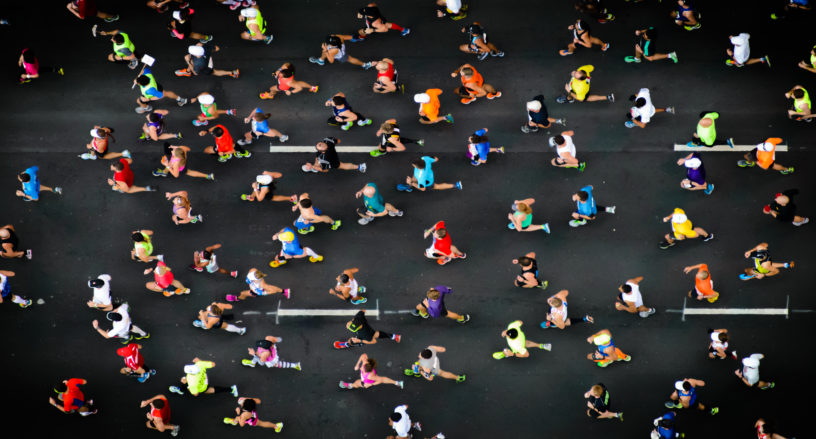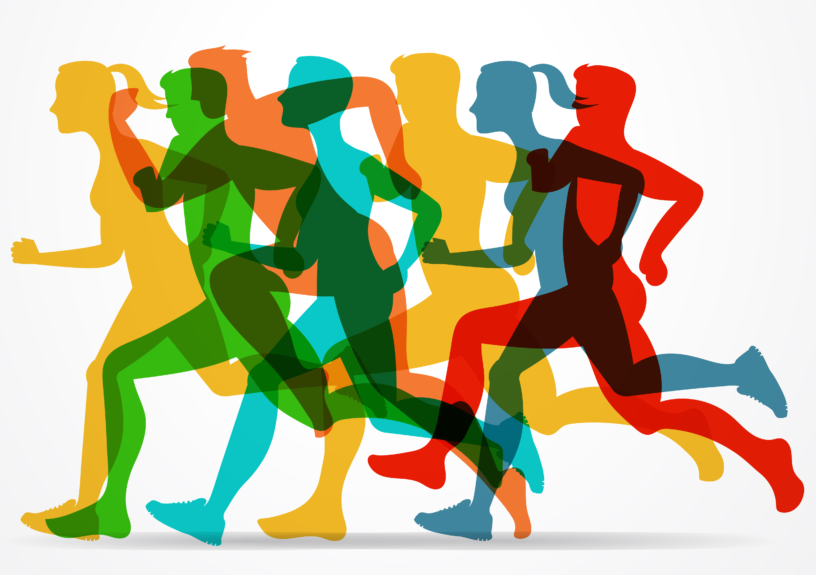What is Run Efficiency? If you study a slow-motion video of an elite distance runner they seem to bound-along effortlessly, exerting little effort to maintain speeds that mere mortals could hardly achieve sprinting flat-out! Efficiency, in a general sense, implies doing something in the most efficient manner, i.e. wasting the least amount of resources. Being able to run at a … Read More
Mortals vs Elites – A Look at Stride Mechanics
If you’re like us you’ve been glued to a screen watching the world’s best runners compete on the largest stage. Elite runners seem other-worldly, making unimaginable paces look easy. We know there are a laundry list of characteristics that make someone elite, but what about their mechanics? Do they run differently than us? Over the past year, a handful of elites have … Read More
The Unescapable Fatigue Effect
In an earlier article, I discussed the mechanics of how fatigue impacts pace during a marathon, but what happens to other metrics like ground contact time, flight ratio and impact characteristics? We know these metrics are predictably affected by running speed in an unfatigued state. As running speed increases, impact Gs, pronation, pronation velocity and flight time usually increase. Contact time … Read More
Achieving Pace Consistency in Endurance Running
Pace consistency is at the heart of a runner’s training and is important for endurance races like the marathon. Coaches help athletes find their rhythm early as to not burn energy. Achieving pace consistency seems simple, but mechanically our bodies make constant and subtle adjustments. We know pace is a simple equation: Pace = Stride Length x Stride Rate. But … Read More
The Impact of Pace on Mechanics
One of the most frequent questions we hear is “How do I compare to other runners.” Answering that question is more complicated than you’d think. For two runs or runners you’d like to objectively compare, it’s important that the pace and terrain are identical, otherwise you might as well be comparing apples to oranges. Our bodies naturally adapt, and your … Read More
180 is Not a Magic Number
We’ve all heard that if you want to improve your running game, you should target a stride rate of 180 steps per minute. We’re not convinced. Our favorite example is our head of engineering. At 6’5” we’re pretty sure a 180 stride rate is a physical impossibility. We took a look at data we captured at the 2015 TCS NYC Marathon to look into … Read More






